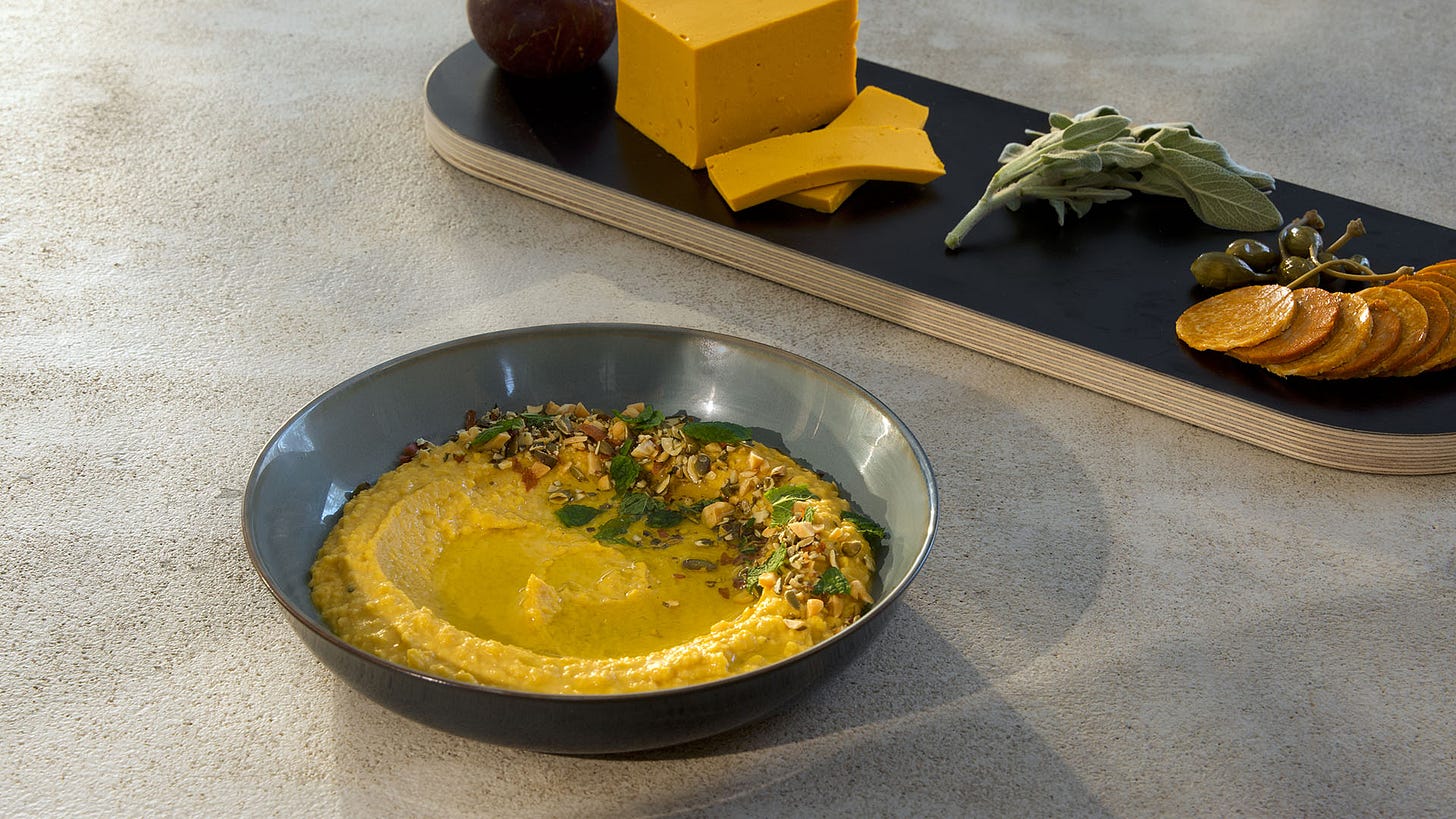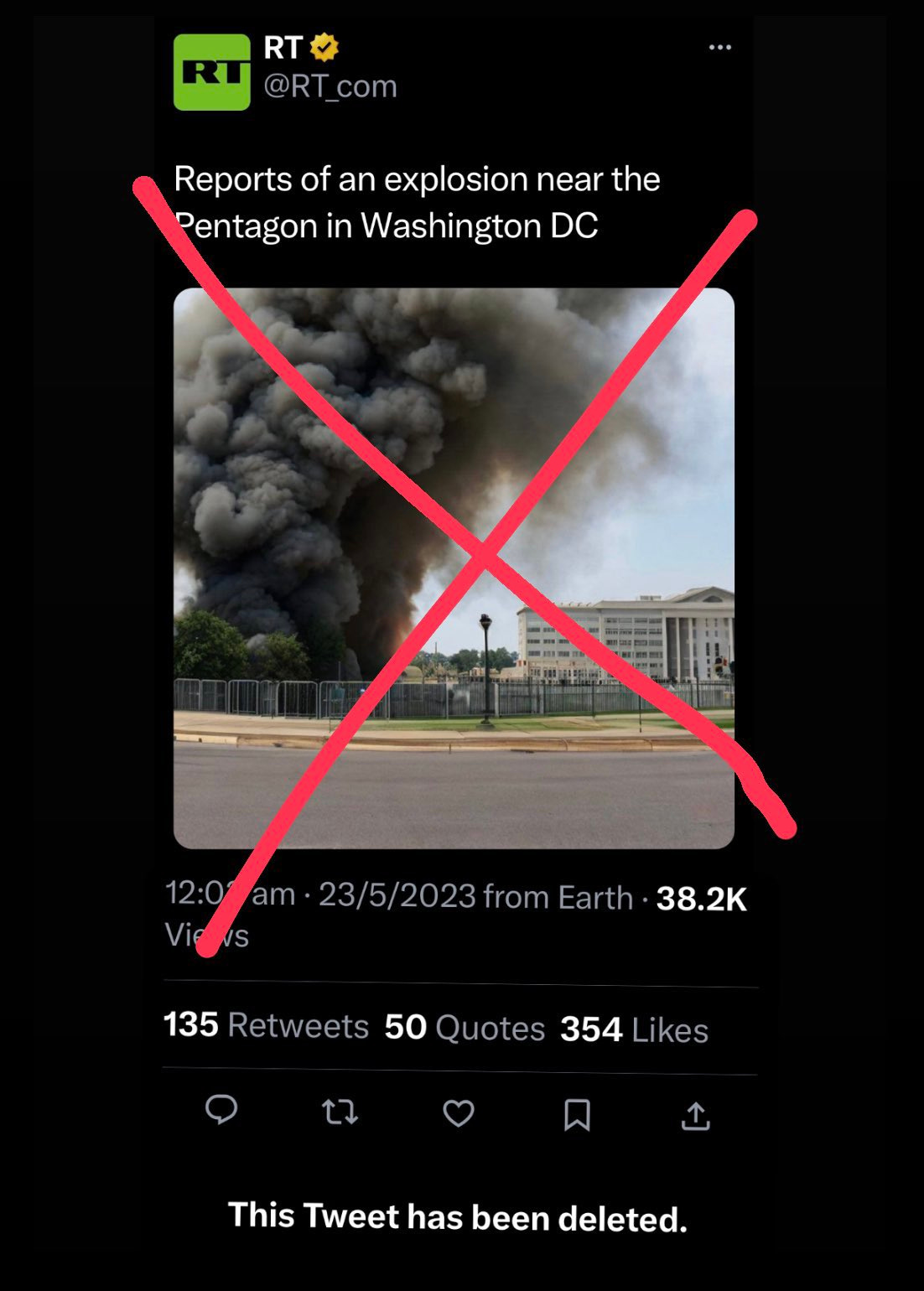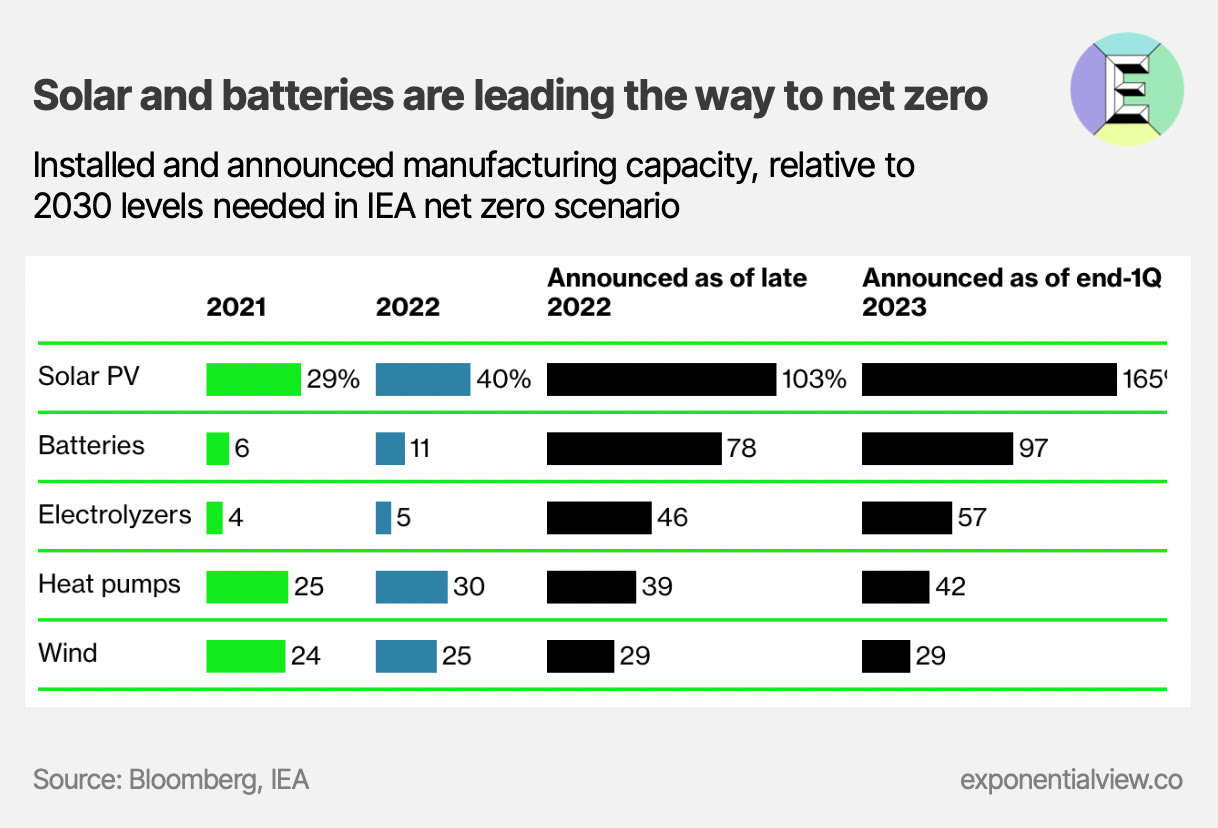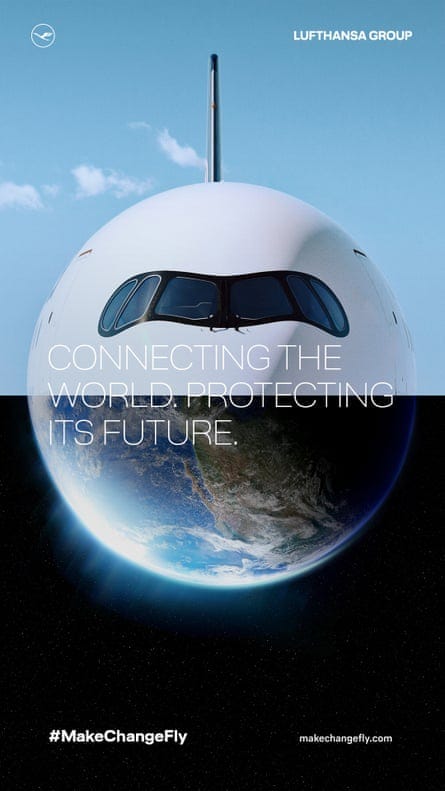⏩ Future Normal: Fast Forward
31 glimpses of what's coming next.
So this is what it feels like living on an exponential curve ;)🎢
While it’s exhausting, I’ve been fortunate enough to spend the last 15 years helping organisations understand rapid change and, more importantly, how to identify and seize the opportunities it presents to them.
This has never been more useful than today. Like so many people I’ve been consumed by AI in recent months. And while I can’t offer any technical insights into where AI technology is headed, given the conflicting messages coming out of even those closest to it as to whether AI will save or destroy us, I’m not sure anyone can.
However, I can use the lessons learned in those 15 years of being immersed in new technologies and behaviours to say with confidence that in the near future (i.e. the next decade) AI will change everything and nothing for your organisation.
Shameless plug: 90% of the keynotes and workshops I’m doing now are focused on unpacking that statement – giving leadership teams a practical framework to think about AI and how to use it to create value for their customers. Get in touch if this sounds interesting.
And while it might be the big story of 2023, you already know that AI isn’t the only driver of change. Every day, there are countless other signals as to what’s coming next.
So as we reach the end of the month, here are 31 stories (see what I did there? ;) that you might have missed that should be on your radar – a deliberately eclectic mix spanning materials, energy, sustainability, travel, retail, marketing, and yes, more AI.
Pick those that are relevant to your organisation and ask your colleagues – ‘What if this becomes part of the future normal? How could we respond?’
📣 The US Surgeon General has issued an advisory note saying that social media use presents “a profound risk of harm” for kids. It wouldn’t surprise me if our kids look back on unregulated social media as we do to smoking indoors and ask, ‘wtf were you thinking?!’
🧬 You’ll soon be able to get your entire genome sequenced for USD 200, thanks to Illumina’s new DNA sequencing machine. Are you ready for the next wave of personalisation?
💄 Would you use skincare products made from industrial wastewater? Aziome, a Japanese-German plant-based textile dye company, created a serum made from just that in order to highlight its natural, non-toxic ingredients.
🥩 Will vegan fat help win over skeptical meat-eaters? PhtyoFat, a plant-based fat behaves more like animal fat due to its higher melting point than the often-used coconut oil.
🫙 Solein, the protein powder profiled in The Future Normal pictured above, launched in Singapore. The food ingredient is made from air, water, renewable electricity and microbes – and could revolutionise food production by divorcing it from agriculture.
⚡️While Solein is ‘food from thin air’, what about electricity from thin air? It’s still highly experimental, but researchers have made a device that can generate electricity from the water vapour in the air.
👩🎨 Of course, we can’t keep AI completely out of this list ;) Adobe’s new Photoshop with generative AI makes editing photos as easy as typing what you want to add, remove or change.
✅ Yet even before this radical democratisation, an AI-generated image of an explosion near the Pentagon was published online, causing the US stock market to dip briefly. As we discuss in The Future Normal, the need for ‘certified media’ will only grow; the BBC’s new Verify brand is a great example of how legacy media brands can seize this opportunity.
🎥 The cleverly-named Faith, from existing agency VCCP, is an ‘AI creative agency’ – a bet that, as we argue in The Future Normal, AI will augment rather than replace human creativity. Dive into 25+ examples of how AI is empowering humans, from video games to fashion.
🎤 Music artist Grimes officially released the first song using an AI cloned version of her voice, calling it an “amazing song”. That part might be subjective, but it’s certainly an amazing new dimension for the entertainment industry.
🦠 AI accelerated the discovery of a new antibiotic, abaucin, that can kill a specific highly antibiotic-resistant superbug by analysing thousands of compounds and proposing a shortlist for testing. Might faster, cheaper, and better healthcare be around the corner?
👨🦽 Similarly, are we witnessing the end of physical disabilities? Gert-Jan Oskam has been paralysed since 2011. Now, brain implants use AI to enable him to walk using his thoughts.
🧠 Rewind is a new service promising to give you perfect memory, thanks to its always on recording of everything you see on your screen. Read more about our coming AI superpowers.
📈 ChatGPT is the fastest growing tool in history, reaching 100m users in 2 months. Yet only 58% of Americans have heard of it. And only 14% have tried it. 🤯 Everything is both faster and slower than you think.
☀️ Thanks to investments in clean energy and batteries, we are getting much closer to being on track to meet the 2030 objectives on the way to 2050 Net Zero goal. China is set to install more solar capacity this year alone than the entire current solar capacity of the US.
🔋 The biggest company you’ve never heard of, Chinese battery manufacturer CATL, announced its new next-gen ‘semi-solid state’ battery, which will have enough power to work in aircraft as well as massively extending the range of EVs. Batteries are about to get a lot better.
🛴 Zeus will install wireless, solar-powered charging scooter docking stations in the Germany city of Regensburg. Clean, cheap, flexible transport will change how people move around cities, making them more productive and liveable.
🛤️ What if we could turn railways into mini solar farms? See also - canals, parking lots, windows and more… the future of energy is cheap, clean, integrated and highly decentralised.
🔌 For 9 hours – the longest period to date – renewable energy sources produced enough to cover more than 100% of Spain’s energy needs.
🎇 But fusion remains the holy grail of energy – limitless, clean, and reliable. While the technology remains unproven, Microsoft has signed a power purchase deal with fusion startup Helion Energy due to start in 2028.
🏡 In The Future Normal we profiled wealthy Singapore’s Urban Forests, but Brazil’s Tito Verde Favela also brings the cooling effects of green roofs to informal settlements, where arguably they are most needed.
🧃 Carbon capture is typically distant and opaque. But Asahi is planning to create a ‘forest in the city’, with vending machines that capture CO2. What if every appliance captured even small amounts of carbon?
✈️ France banned short haul flights where there is a sub-2.5 hour rail alternative. What lifestyle limitations will we accept to reduce emissions?
🧑🚒 Following the money is always a smart way to figure out what’s really going on. The US’ biggest home insurer, State Farm, has stopped selling new home insurance policies in California because of wildfire risk.
🌊 Google has expanded its AI-powered flood forecasting service, which uses AI to offer local flooding forecasts – now available in 80 countries and forecasting up to 7 days. As well as creating new risks, AI will also offer new solutions to the climate crisis.
⛔️ The UK’s advertising regulator has started cracking down on greenwashing in ads, with campaigns from Lufthansa (above), Etihad Airways, HSBC, and Unilever being banned for vague or misleading statements.
♻️ Mars bars now come in paper wrappers, rather than plastic. Single use, near-impossible-to-recycle packaging is a scourge desperately waiting for a solution.
🎁 Drones are delivering single servings of bubble tea in Shenzhen. Automation is scary, unless it’s taking badly paid, dangerous and inefficient jobs, like gig economy deliveries.
🗺️ Set jetting is the new jet setting, as people embrace immersive experiences. I think my kids would consider me the best Dad ever if I announced that we were going on Disney’s new Encanto-inspired Colombian trip.
🕸️ Hate spiders but love video games? Now a host of popular games, such as Star Wars Jedi: Survivor and Hogwarts Legacy have added ‘archnophobia safe mode’. Inclusion meets hyper personalisation.
🌾 Our final chapter in The Future Normal looked at how ambitious pioneers will raise the bar – moving from aiming to be ‘regenerative’ rather than just ‘sustainable’. To that end, Oatly has launched F.A.R.M. (Future Agriculture Renovation Movement), a global regenerative agriculture movement.
What Is The Future Normal For Your Business?
My new book, The Future Normal: How We Will Live, Work & Thrive In The Next Decade, explores 30 trends, from continuous glucose monitoring to job sharing.
I also give inspiring, actionable presentations that help your team spot and seize emerging opportunities.
Get in touch if you'd like to discuss an upcoming event or project.
Or, sit back and enjoy the keynote that myself & Rohit Bhargava gave at SXSW to launch the book:
Thanks for reading,







